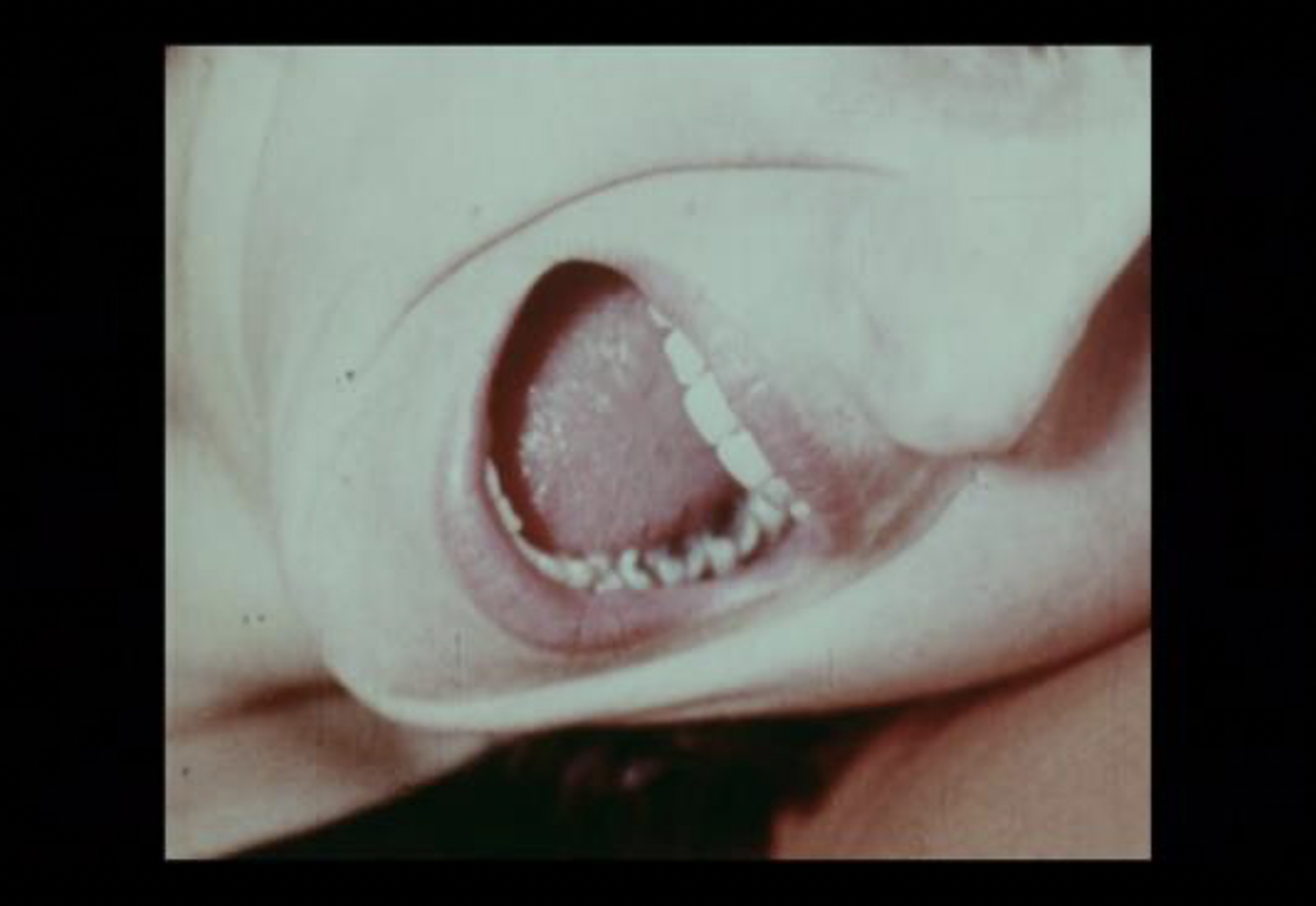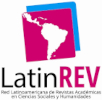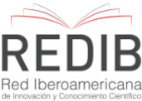The breaking of gender stereotypes in the experimental cinema of Narcisa Hirsch
Keywords:
experimental cinema, gender stereotypes, feminist film theory, Narcisa Hirsch.Abstract
In Hirsch's work there are portraits and self-portraits made up of feelings, reflections and attitudes that break with the stereotypes of woman-mother, pregnancy-state of grace, woman-erotic object and romantic love, and express other subjectivities that are not closed, neither to an immutable identity nor to a definitive position in relation to gender. On a formal level, it opposes the institutional mode of representation of classical cinema, and its ways of generating pleasure in spectators. Although Hirsch never defined herself as a feminist, we find themes and interests in her films that allow us to establish relationships with premises of feminist film theory in her short films. The films analyzed here, Mujeres (1970-1985), Pink Freud (1973), Bebés (1972), Ama-zona (1983), A-Dios (1989), Orfeo y Eurídice (1976), express the artist's bond with herself as a woman and with other women and her relationship with men and men's relationship with the world.
Downloads

Downloads
Published
How to Cite
Issue
Section
License
Copyright (c) 2024 Paz Bustamante

This work is licensed under a Creative Commons Attribution-NonCommercial-NoDerivatives 4.0 International License.
Imagofagia adhiere a las diferentes iniciativas que promueven el acceso libre al conocimiento, por lo que todos los contenidos de la revista son de acceso libre y gratuito según la política de Creative-Commons de tipo Reconocimiento-NoComercial-SinObraDerivada 4.0.
Los autores conservarán la propiedad intelectual de los trabajos y concederán a Imagofagia el derecho de su primera publicación bajo las condiciones de dicha política. El envío de cualquier colaboración a la revista implica la aceptación de lo establecido en este documento y la autorización al Comité Editorial para incluirlo en su página electrónica, reimpresiones, colecciones y en cualquier otro medio que permita lograr una mayor y mejor difusión de la publicación.
Luego de su publicación en Imagofagia, los autores podrán republicar sus trabajos o distribuirlos libremente en forma electrónica mencionando su aparición inicial en esta revista.




















